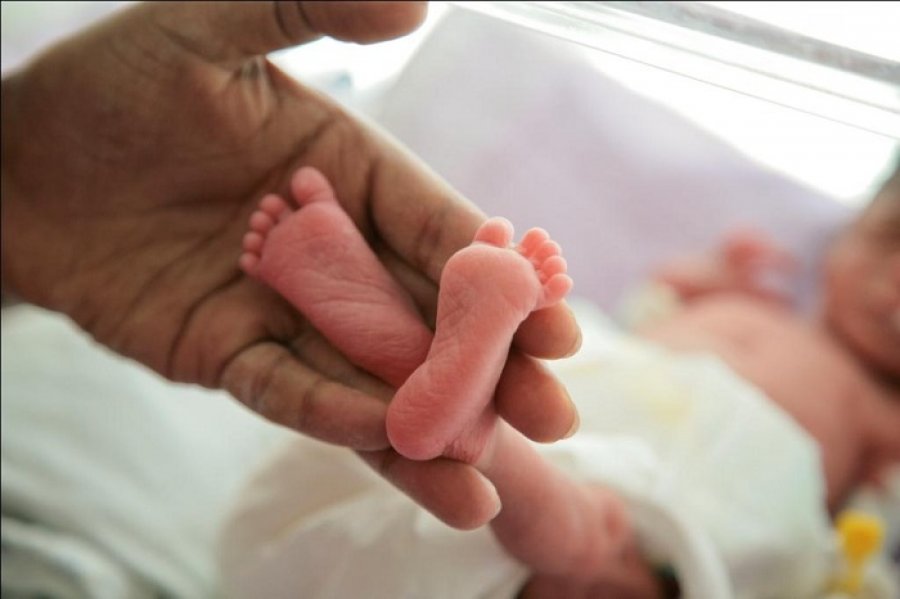Strengthening the measurement of key health indicators in Ethiopia
1 March 2018 London School of Hygiene & Tropical Medicine London School of Hygiene & Tropical Medicine https://lshtm.ac.uk/themes/custom/lshtm/images/lshtm-logo-black.png
Like many other African countries, Ethiopia has gaps in its Health Management Information System (HMIS), as well as insufficient mechanisms for data validation, which hinders informed decision making particularly at national policy level. For example, there are often errors and inconsistencies in recorded immunisation data which can impact on the delivery of vaccination programmes.
Through this new grant, researchers will be supporting Ethiopia’s Federal Ministry of Health (FMOH), strengthening technical knowledge to critically assess, interpret and accurately report the wealth of health information. This work will improve the country’s HMIS, as well as leading to improved and more robust measurement of key health indicators such as immunisation coverage, maternal, newborn and child health and nutrition.
Academic teams from LSHTM are already based at the Ethiopian Public Health Institute (EPHI) under two ongoing projects: the IDEAS project, which aims to improve the health and survival of Ethiopian mothers and babies by generating evidence to inform policy and practice, and Dagu, which is working to strengthen maternal, newborn and child health programmes in Ethiopia. Both projects are already contributing to national evaluation, research, and capacity-building activities.
The new grant will expand the existing LSHTM team and allow them to create the resources required to improve both the quality of government metrics and the analytical capacities of key ministry staff.
A gender-balanced group of 40 analysts from the Federal Ministry of Health and affiliated organisations will receive training, mentoring, and coaching through a series of workshops and applied skills-building activities, following the research process from problem formulation to reporting results, and their implications for policy.
In 2015, the FMOH published their Health Sector Transformation Plan. An Information Revolution was a key on the Ministry’s agenda, and outlined the need for timely, accurate and dependable information to allow effective decision-making. Improving quality issues in data, and training and capacity building for analysts were also highlighted as crucial. The Annual Review Meeting of the Ethiopian health sector in 2017 highlighted that inconsistencies in health data remain and need to be further addressed.
The research will be led by Lars Åke Persson, a Professor in Public Health Evaluation, who is based in Ethiopia. Professor Persson, said: “We are delighted to receive this funding from the Bill & Melinda Gates Foundation, to continue vital work in improving the quality and analysis of health data in Ethiopia.
“Ethiopia’s ability to plan and make evidence-based decisions to protect and improve health is impossible if their data have errors.
“This programme of work will allow our experienced analysts to partner with colleagues in Ethiopia to identify errors in health data collection and analysis, fixing them at the root. This will considerably increase the analytic capability at Ethiopia’s Ministry of Health.”
LSHTM's short courses provide opportunities to study specialised topics across a broad range of public and global health fields. From AMR to vaccines, travel medicine to clinical trials, and modelling to malaria, refresh your skills and join one of our short courses today.